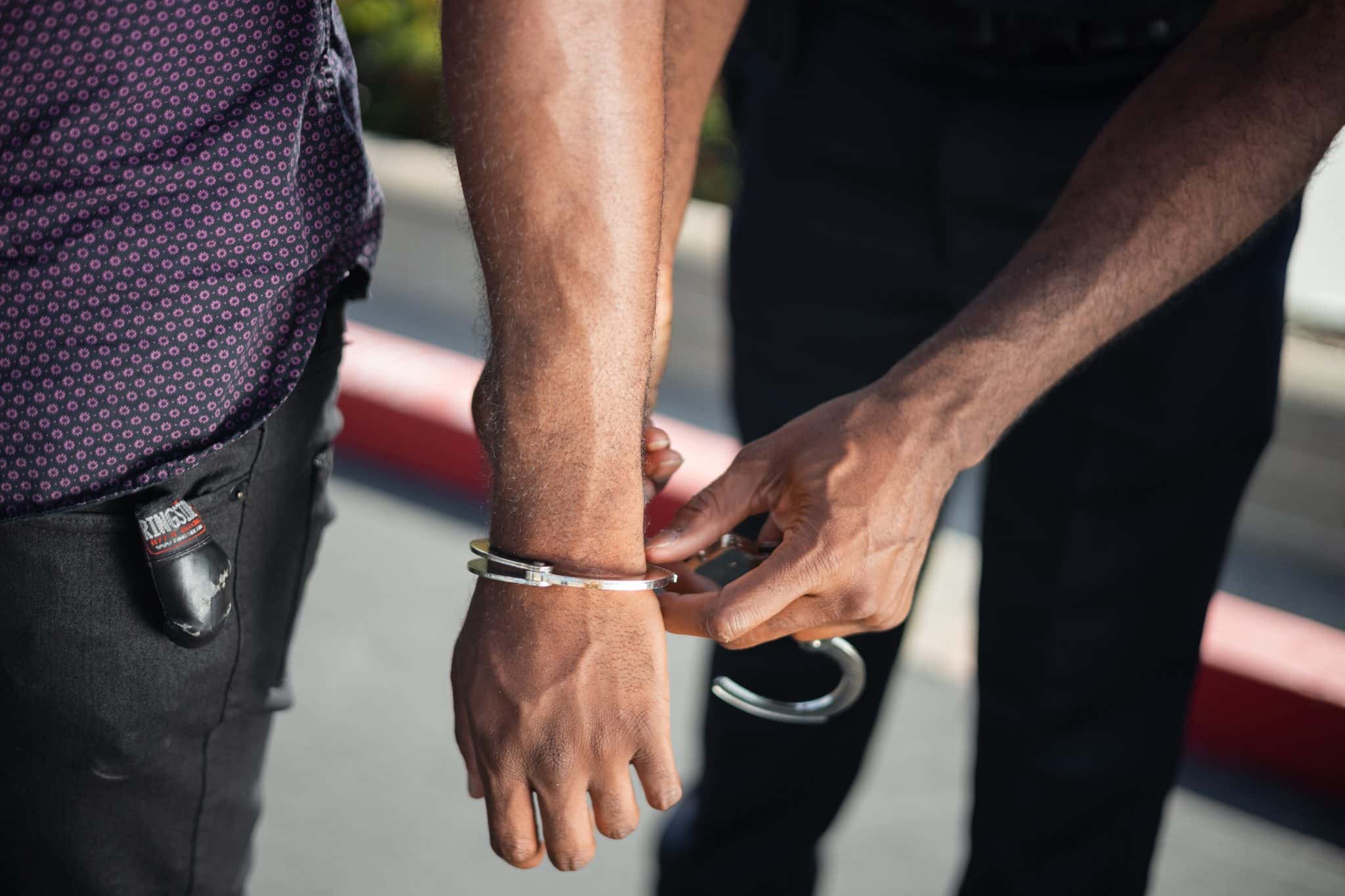Getting home insurance can prove a challenge for those with a criminal conviction. Generally speaking, insurance providers will not offer home insurance cover to applicants with an unspent conviction. This leaves thousands of people across the UK uninsured and at risk.
Can I still get home insurance if I have a criminal record?
If you have a criminal record, you can still get home insurance. However, you may need to look to a specialist insurance provider for cover.
If you have a spent conviction, or a non-recordable motoring offence (e.g., careless driving), you do not need to disclose this to your insurer.
But if you or anyone living with you at the property (including tenants) has an unspent criminal conviction, you must tell your insurer about it if asked.
If you don't, your insurer could cancel your cover or refuse to renew your policy based on failure-to-disclose. And, if you need to make a claim and have not been truthful about an unspent criminal conviction, you risk the payout from your insurance provider being denied.
What counts as a criminal conviction?
A criminal conviction applies to any court offence, including minor offences such as fines or misdemeanours.
Cautions, reprimands, and final warnings are immediately classed as spent, and do not need to be mentioned to your provider.
What needs to be declared to my insurance provider?
The following needs to be declared to your insurance provider: -
Unspent convictions
If your insurer asks about unspent convictions, you must declare them.
Convictions of other household members
If asked, you must disclose any unspent convictions for anyone living with you who will be covered by your policy.
Convictions during your policy period
Some providers may have explicit conditions where you must declare any unspent convictions handed down during your policy period. Check the terms and conditions of your policy carefully to see whether this applies.
Make sure you check the terms and conditions though as some insurers require you to declare this information.
When is a criminal conviction 'spent'?
The length of time that a criminal conviction stays on your record depends on a number of factors. This includes the seriousness of the crime, the severity of the sentence, whether you were tried as an Adult or Young person (i.e., under the age of 18), and whether you are bankrupt.
Once your conviction becomes spent, you no longer need to declare it to your insurance provider, even if you are asked.
You can use this tool from GOV.UK to check whether a conviction you have is spent. Any unspent convictions will still appear on your basic criminal record (i.e., it is unspent).
Is home insurance more expensive with a criminal conviction?
Generally speaking, premiums for those with convictions will be higher.
This is because insurance providers view people with criminal convictions risker to insure, even if the insurance being applied for is unrelated to the nature of the crime committed.
If you've tried comparing providers but cannot find an affordable policy that suits your needs, you could request a referral to a specialist provider from the HM Prison Service and Probation Service.
What will happen if I don't disclose an unspent conviction to my insurance provider?
If you deliberately withhold information about unspent convictions or bankruptcies to your provider when asked, your policy will be invalidated.
Similarly, if you fail to inform your insurance provider, when asked, that you have a criminal conviction, then later attempt to make a claim, you will be in breach of your home insurance contract. If your claim was successful at the time, your insurer can request the payout be returned.
For these reasons, it's always best to declare any unspent convictions or bankruptcies.
Frequently asked questions
Do I need to declare any previous refusals to be granted insurance?
When applying with a new insurance provider, they may ask if you've previously had a policy cancelled, refused, or whether any special terms had been imposed.
You must disclose this information unless the cancellation, refusal, or special terms were imposed in reaction to a criminal conviction that was unspent at the time, but has since become spent.
Do I have to disclose driving offences?
If you've committed a ‘non-recordable motoring offence’, in other words an offence that will not result in imprisonment, you do not need to disclose it to your insurance provider.
An example of non-recordable motoring offences includes careless driving or driving without motor insurance.
Is a caution the same as a criminal conviction?
No. A caution is not the same as a criminal conviction. But whether you will need to declare a caution to your insurer will depend on the type of caution you have received.
Simple caution: Accepting a simple caution means that you have admitted to committing the crime in question. It can be given for any crime, but is generally considered most appropriate for low-level and first-time offenders.
Simple cautions are instantly "spent" but may still appear on your criminal record for a number of years. A simple caution does not need to be declared to your insurance provider.
Conditional caution: conditional cautions mean you have admitted to committing the crime in question. The caution will come with certain conditions which you must comply with. If you break these conditions, you can be formally charged with the original crime.
Conditional cautions do not become "spent" until either three months after they are issued or until the conditions end, whichever is shorter.
During the time your conditional caution is "unspent", you must declare it to your insurance provider, if asked.
I want to apply for home insurance but my partner has a criminal conviction. Does this need to be declared?
Yes. You will need to let you insurer know about any unspent convictions of anyone living in your home. This includes partners, relatives, friends, lodgers, or anyone else who may be living at your property.
Compare home insurance deals
We find deals from all the top providers and help you switch.
